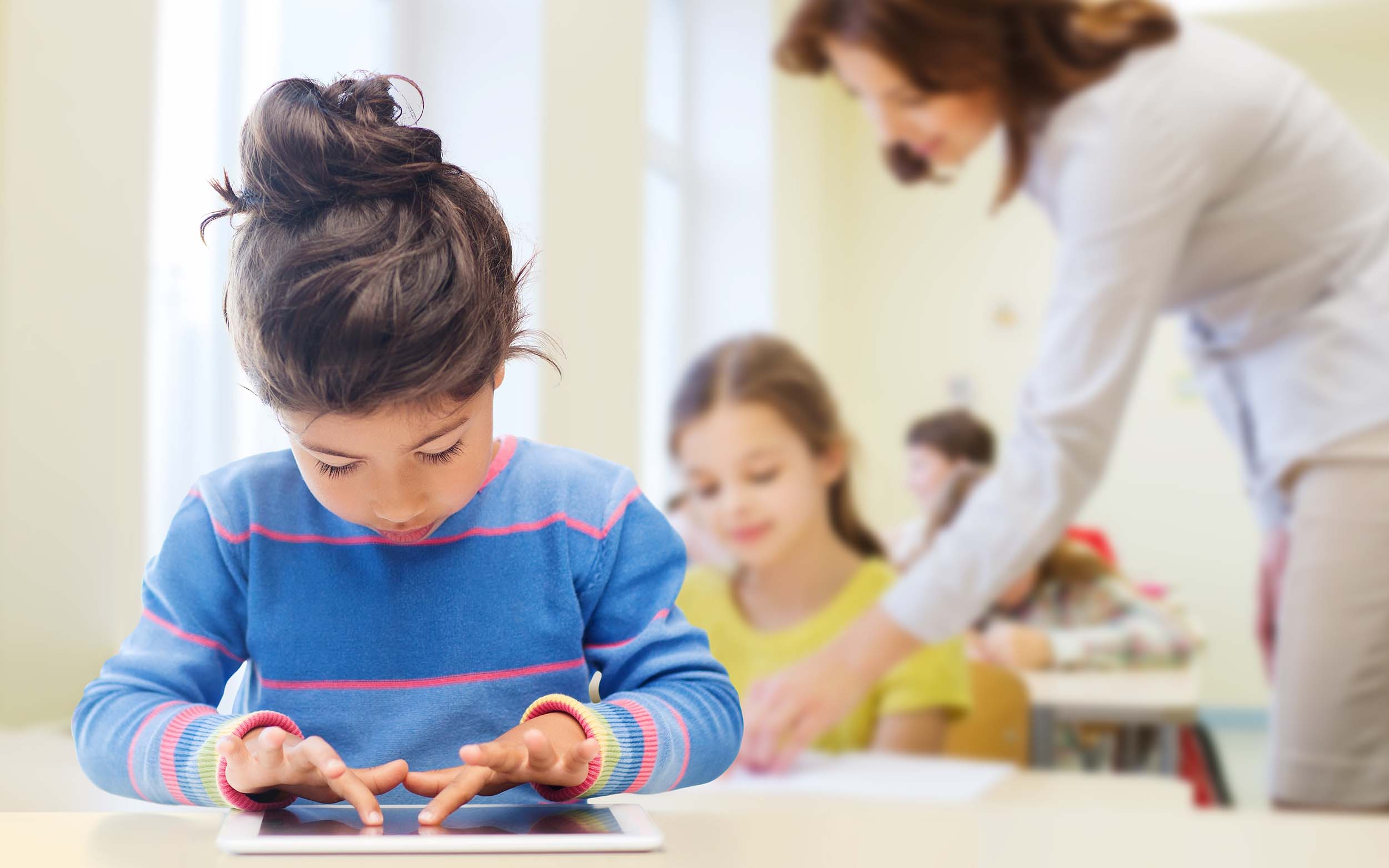
The Department of Education’s Small Business Innovation Research Program (SBIR), administered by IES, provides awards for the research and development of new, commercially viable education technology products. Known as ED/IES SBIR, the program’s goal is to grow a portfolio of scalable, research-based products that address pressing needs across topic areas in education and special education.
From an education technology perspective, 2021 will surely be remembered as the “year after” the onset of the global pandemic—where demand for effective education tools and platforms skyrocketed and developers pivoted to meet the needs of the return to in-person and hybrid learning environments. Dozens of ED/IES SBIR-developers contributed to these efforts, with millions of students and educators using their products to support remote and in-person learning in 2021. This blog shares some highlights from the ED/IES SBIR program in 2021 and provides a preview of its recently released 2022 solicitations.
The ED Games Expo
IES hosted the 8th annual ED Games Expo virtually in June 2021 to provide resources to the public in response to pandemic-related challenges. As part of the virtual Expo, 170 IES- and government-supported education technology products were available at no cost to educators and students around the country. The Expo also presented 35 virtual events for the public that have been viewed more than 10,000 times on YouTube, highlighted by a Kick Off Show introduced by Secretary of Education Miguel Cardona and including master classes for educators and behind-the-sciences “how to” events for students. Dates for the next ED Games Expo will be announced soon.
New ED/IES SBIR Awards
ED/IES SBIR announced 29 new 2021 awards, including 18 for prototype development and 11 for full-scale education technology product development. The awards continue trends from recent years.
One exciting trend is the employment of advanced technologies such as artificial intelligence, machine learning, natural language processing, or algorithms to personalize student learning. Examples include projects by Myriad Sensors (Pocket Lab) to develop an AI engine to assess and provide feedback to students while doing physical science experiments, Analytic Measures Inc. (AMI) to create an natural language processing engine to recommend personalized practice activities based on a student’s level of oral reading fluency, and by KooApps and Kings Peak Technology to use machine learning to provide immediate vocabulary support to English learners.
Another trend in 2021 is the development of new products to scale existing IES-funded research. Projects that build on prior IES research include: Nimble Hiring to develop a platform to improve school district hiring and educator retention, xSEL Labs to create a platform for social and behavioral learning innovations, and Emberex to create a user interface with reporting and recommendation features to meet modern standards for a reading assessment.
ED/IES SBIR also continues to support projects in new areas. For example, three new projects are developing music-based technologies to support learning (Muzology, Edify, and Lyrics to Learn).
Highlights From Individual Projects in the Portfolio
Many ED/IES SBIR-supported companies enjoyed newsworthy successes in 2021.
ED/IES SBIR Releases Two 2022 Program Solicitations
On December 1, 2021, ED/IES SBIR released two new solicitations. Phase I solicitation #91990022R0001 is a request for proposals for $250,000 awards for 8 months for the research, development, and evaluation of new prototypes of education and special education technology products. Direct to Phase II solicitation #91990022R0002 is a request for proposals for $1,000,000 for 2 years for R&D and evaluation to develop new technology to prepare existing researcher-developed evidence-based innovations (products, interventions, practices) for use at scale, and to plan for commercialization. The goal is to support the successful transfer of research to practice at scale in education and special education. Proposals for both solicitations are due February 1, 2022.
Stay tuned for updates in 2022 on Twitter and Facebook as IES continues to support innovative forms of technology.
Edward Metz is a research scientist and the program manager for the Small Business Innovation Research Program at the US Department of Education’s Institute of Education Sciences. Please contact Edward.Metz@ed.gov with questions or for more information.